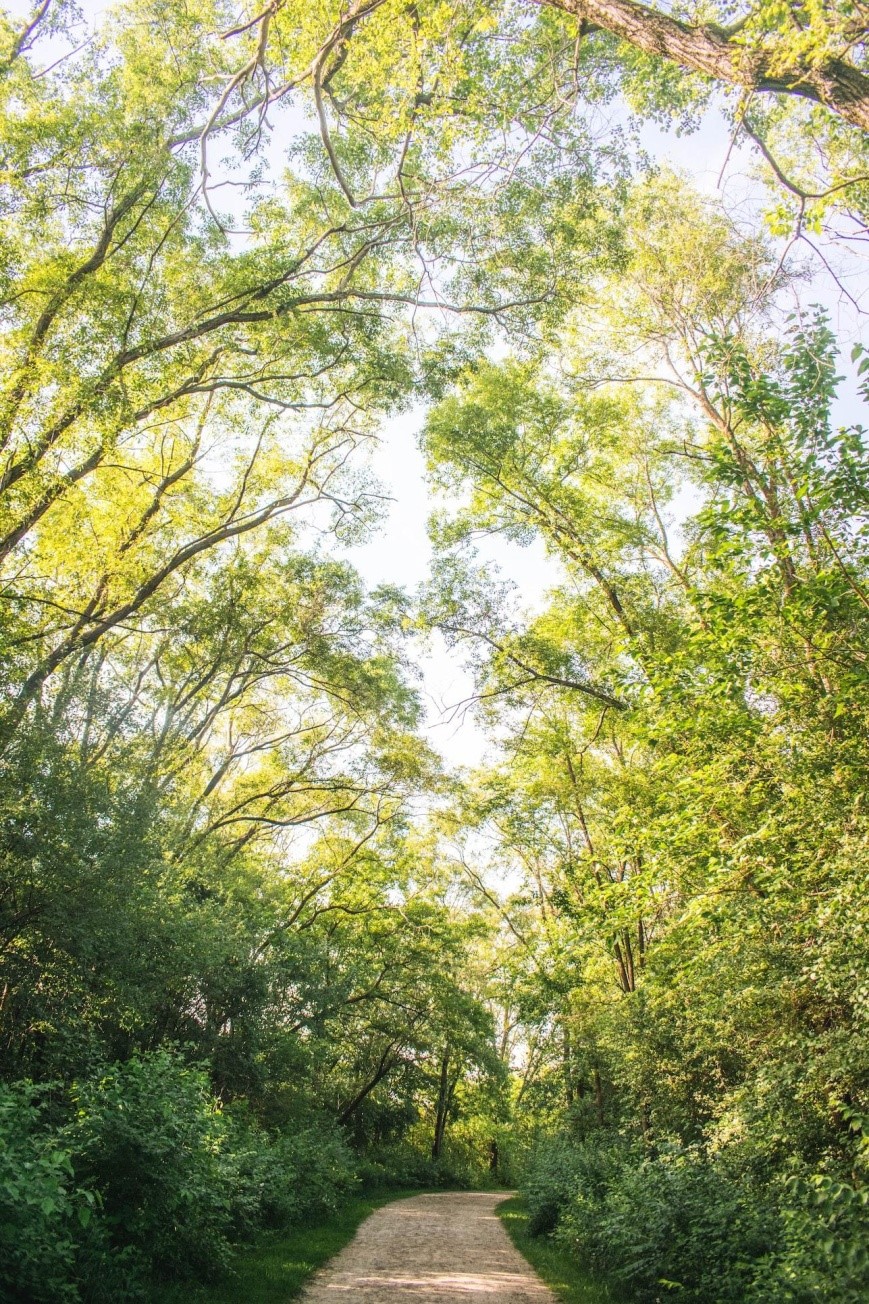You can effectively recover from substance abuse by integrating eco-therapy into your treatment plan. Understanding eco-therapy in recovery process is key if you want to fully open yourself to healing and a life free from any form of substance abuse. It will open you to an alternative approach that may very well soothe your need for nature and nature-based therapies. To understand the big role that eco-therapy can play in your recovery process, you need to take note of the following:
-
Table of Contents
What is eco-therapy?
Eco-therapy, also known as nature therapy is an emerging therapeutic practice that utilizes natural settings. It is a therapy centered on the healing power of nature. It promotes one’s overall being by incorporating nature-centered activities.
If we’re going to be totally honest, eco-therapy has been around since man existed. Even the Bible shows numerous references where humans participated in ecotherapy. With ecotherapy, healing is done by nurturing man’s deep connection with nature.
-
The Connection Between Nature and Well-Being
Studies have shown that there is a strong connection between one’s mental well-being and one’s exposure to nature. People with more exposure to nature showed signs of reduced anxiety, stress, and depression. Experiencing the following is common with people who are going through substance abuse recovery. People recovering from substance abuse recovery can get anxious, stressed, or depressed, and increased exposure to nature can lessen and even almost remove such episodes. Something about nature is deeply calming and relaxing to humans –– may one be recovering from substance abuse or not.
-
Mind-Body Benefits of Eco-Therapy
People who spend time in nature have been reported to experience the following benefits:
- Reduced cortisol – cortisol is known as the stress hormone. The higher cortisol one has, the more stressed one feels. People with consistent connection and interaction with nature feel less stressed because they have less cortisol
- Improved immune function – people who connect with nature frequently have stronger immune systems
- Better overall well-being – people have reported feeling altogether better and well as they consistently connect and interact with nature
-
Holistic Healing
Ecotherapy is all about healing in a holistic manner. Healing is approached by looking at a person’s physical, emotional, and mental wellness. This works well with people recovering from substance abuse because all of their needs get addressed. Healing is never solely focused on the physical aspects alone. There is a full understanding that in order for a person to heal and fully recover, such a person’s system and existence must be in harmony and aligned with wellness and recovery.

-
Therapeutic Activities in Nature
There are numerous ways to engage in ecotherapy. The following are the best examples that you can try for yourself:
- Outdoor meditation
- Nature walk
- Gardening
- Nature-based exercises
All of the above are fantastic activities to explore because they allow for a person’s inner peace to naturally and harmoniously arise. The activities above are deeply grounding. All will invite a person to go within and self-reflect.
-
Promoting Mindfulness
It is essential that you nurture mindfulness as you go through your recovery from substance abuse. Mindfulness will allow you to feel deeply at peace. You will get to filter out the noise and have a clear picture of your headspace. Mindfulness can be easily achieved when one is in the present moment. This can seamlessly happen when one is surrounded by nature. Mindfulness is an important tool for individuals who are recovering from substance abuse. When a recovering individual is mindful, he or she is more equipped to manage his or her cravings. This in turn reduces the risk of relapse.
-
Social Connection
Most ecotherapy activities can be done in groups. Participating or engaging in any form of group activity is good for someone who is recovering from substance abuse. Such activities can help foster a sense of community and can incite social connection. A person can recover well if he or she has numerous positive connections.
-
Personalization
As there are many ecotherapy activities to choose from, it will be very easy to find one that suits your personality, preferences, and needs. This is how ecotherapy provides a highly individualized approach to healing. You will have a unique healing journey that can cater to your recovery journey. You will not feel pressured to perform, interact, or keep up. You will have your own timeline.
-
Sustainability and Environmental Awareness
One of the good things about engaging in ecotherapy is you also get to promote environmental awareness and sustainability. As you will interact more and more with nature, you will become more and more environmentally conscious by the day. This will enhance your overall well-being as you will fully understand the underlying interconnectedness among all. You will have a deeper understanding of life and a whole new sense of purpose. It would feel like you’re living a brand-new life because parts of your brain will be re-wired as you engage in more and more nature-centered therapies.
-
Integration into Treatment Plans
Ecotherapy can seamlessly be integrated into any substance abuse recovery treatment plan. It will perfectly complement and supplement any person’s recovery journey. It will even enhance the effectiveness of one’s recovery process. This will be the case because one who participates in ecotherapy is healthier and happier as one is mindful and free from any stress, anxiety, or depression. If one is healthy, one becomes more capable to do good decisions day in and day out.

